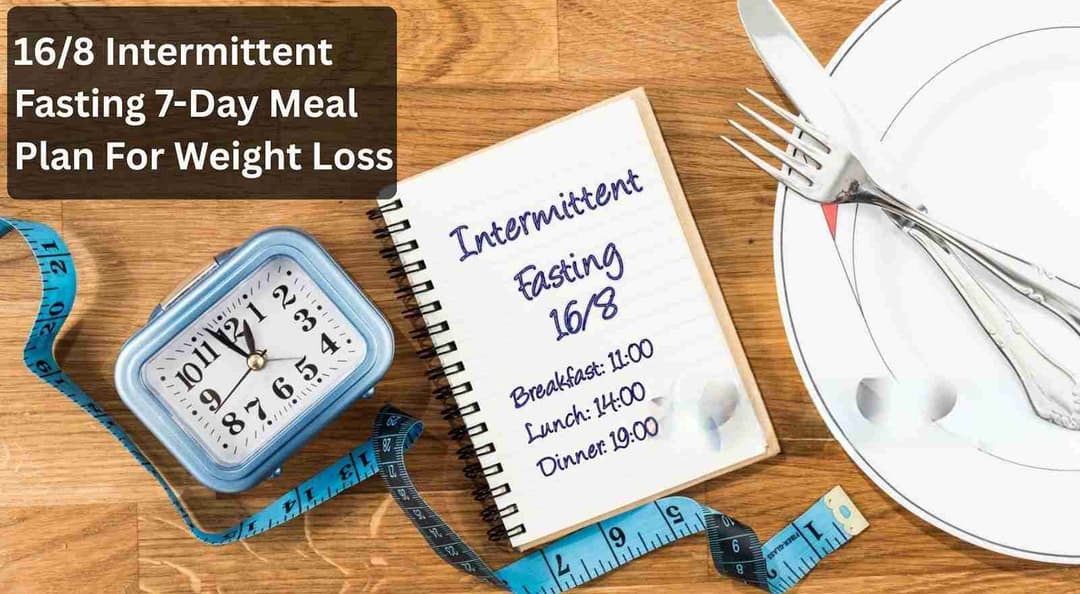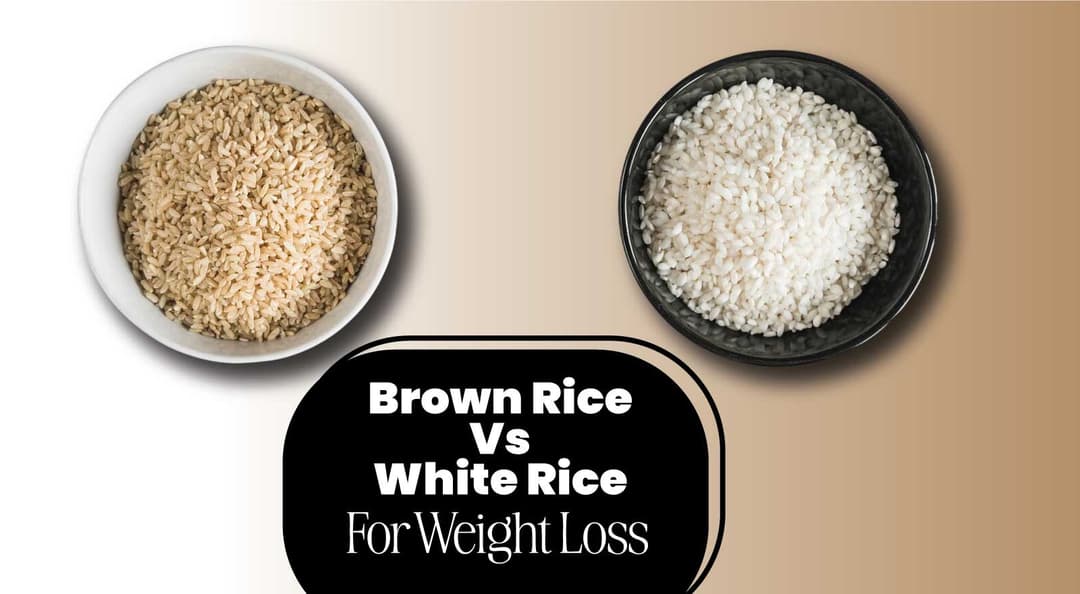The body weight index, or BWI, is an unusual technique to measure an individual's weight based on their age and helps decide whether their weight falls within a healthy range. But is BWI the ultimate key to unlocking a healthy body?
BWI, using your weight and height results in categories as underweight, healthy weight, overweight, or obese. But here's the surprising truth: BWI doesn't tell the whole story. A professional athlete with a high muscle mass might score in the "overweight" category despite having a healthy body composition. This highlights a key limitation – BWI doesn't differentiate between muscle and fat.
So, while BWI can be a starting point for understanding weight status, it shouldn't be the sole factor. This guide dives deep into the world of BWI, exploring the body weight index formula, its usefulness as a health indicator, and its limitations. Keep reading to discover everything!
Table Of Contents
- What Is The Normal Body Weight Index?
- What Is The Body Weight Index Formula?
- How Do You Calculate Body Weight Index?
- Is BWI The Same For Children, Teens And Adults?
- Is Calculating BWI So Important?
- Dietitian’s Recommendation
- The Final Say
- FAQs
- References
What Is The Normal Body Weight Index?
The normal body weight index typically falls between 18.5 and 24.9. This range signifies a balanced weight in relation to height and is generally associated with lower risks of certain health conditions linked to being underweight or overweight. Similarly, Body Mass Index (BMI) provides a comparable range, which is also used widely to assess weight status. However, BWI is a simplified measure and does not consider individual differences in body composition, such as bone density or muscle mass, which can affect its accuracy.
Within the normal BWI range, individuals often exhibit better health outcomes, supported by scientific evidence linking healthy body weight to reduced risks of acute diseases, i.e., type 2 diabetes and heart disease. Nevertheless, it is crucial to recognise that BWI alone does not provide a complete picture of health. Other factors like lifestyle habits, genetics, and medical history significantly influence the body weight index.
Thus, while maintaining a normal BWI range is beneficial, it is equally important to focus on holistic health practices, including balanced nutrition, regular physical activity, and regular healthcare check-ups for optimal health outcomes. Consulting with healthcare professionals can offer personalised insights into maintaining a healthy weight and overall well-being.
What Is The Body Weight Index Formula?
To calculate your BWI score:
Convert your height from centimeters to meters by dividing by 100.
Square your height in meters.
Divide your weight in kilograms by the squared height.
For example:
Weight: 68 kg
Height: 165 cm (1.65 m)
Calculation: 68 ÷ (1.65)^2 = 24.98
This score indicates a healthy weight according to the BWI index.
How Do You Calculate Body Weight Index?

Body Weight Index (BWI) is a way to determine if you are healthy by comparing your weight to your height. It is a simple maths formula that gives you a number. Here is how you calculate it:
1. Find Your Weight In Kilograms (Kg)
If you happen to know your weight in pounds, just divide it by 2.205 to get your weight in kilograms, which will make it easier for you to calculate your BMI.
2. Find Your Height In Metres (m).
If you know your height in inches, multiply it by 0.0254 to get your height in metres.
3. Do The BWI Maths
To do this just take your weight in kilograms and divide it by your height in metres squared (that just means multiply your height by itself).
4. Understand Your BWI
Once you have your BWI number, you can see where you fall-
- If your BMI is less than 18.5, you might be underweight.
- If it is between 18.5 and 24.9, you are considered to have an average weight.
- If your BMI is between 25 and 29.9, you might be overweight.
- If it is 30 or higher, you might be obese.
Remember, BWI is not the only indicator. It does not tell you everything about your health, like how much muscle you have or where your body stores fat. But it is a helpful starting point to see if you are at a healthy weight for your height.
Is BWI The Same For Children, Teens And Adults?
Body Weight Index is interpreted differently for children and teens, although it is calculated using the same formula as adult BMI. Children's and teens' BWI are based on their age and sex since the amount of body fat changes with age as well as the amount of fat contained in the body differs between girls and boys.
For children, the BWI is usually taken in percentile. In the context of BWI percentiles for children and teens–it indicates the relative position of a child's BMI compared to others of the same age and sex. For example, if a child's BMI is at the 50th percentile, it means that their BMI is higher than 50% of children of the same age and sex, and lower than the BMI of the remaining 50%. Similarly, if a child's BMI is at the 85th percentile, it means their BMI is higher than 85% of children of the same age and sex, and lower than the BMI of the remaining 15%.
Age Group | BMI Classification |
| Children (2-19 years) | Underweight: Less than 5th percentile |
| Normal weight: 5th to less than 85th percentile | |
| Overweight: 85th to less than 95th percentile | |
| Obesity: Equal to or greater than 95th percentile | |
| Adults (20 years and older) | Underweight: BMI less than 18.5 |
| Normal weight: BMI 18.5 to 24.9 | |
| Overweight: BMI 25 to 29.9 | |
| Obesity: BMI 30 or greater |
Is Calculating BWI So Important?
BWI can quickly help you find out if you are healthy or not. It could tell you if you are overweight, underweight or obese. Finding out your BWI does not necessarily identify cardiovascular health or illness, cholesterol level, blood sugar, blood pressure, etc. BWI does not necessarily take into account the conditions that would be relevant to you with a high BWI, such as liver disease or arthritis.
In simpler words, BWI may be more beneficial for predicting future health instead of current health and facilitate you in taking care of your health. If your BWI is more than the ideal range, you are overweight or obese, and it is not taken care of, it is more likely to develop diabetes or other diseases over time.
BWI often misclassified metabolic health based on fat amount and distribution, especially during pregnancy, for athletes, and the elderly. Like cholesterol or blood pressure, BWI alone cannot predict cardiovascular health or other illnesses. Factors like liver disease or arthritis can also affect health, and BWI may better predict future health problems than current ones.
Thus, measuring BWI and relying on it can be used as a primary assessment tool since it’s convenient, cost-effective and accessible to all. Whereas it is good to estimate your health as a beginner, you should not wholly rely on it.
Dietitian’s Recommendation
According to Dietitian using the BWI calculator is a good first step in assessing nutritional status. However, maintaining a healthy weight involves:
Balanced Diet: Incorporate fruits, vegetables, whole grains, lean proteins, and healthy fats.
Mindful Eating: Practice portion control and avoid overeating.
Physical Activity: Engage in regular exercise to improve overall health.
Consulting with healthcare professionals ensures a personalized approach to achieving optimal health.
Dt. Aditi Upadhyay
The Final Say
The BWI body weight index is a valuable tool for understanding weight status and associated health risks. However, it should not be the sole determinant of health. Factors like muscle mass, genetics, and lifestyle play critical roles in overall well-being.
Partnering with healthcare providers helps create personalized health plans, ensuring a balanced approach to weight management and disease prevention. Remember, BWI vs BMI comparisons highlight that no single metric can fully capture your health.
FAQs
1. What is the normal body weight index?
If your BMI ranges between 18.5 and 24.9, it falls within the healthy weight range, which is considered to be the normal weight index.
2. How do you calculate body weight index?
To calculate the BWI, take your weight (in kgs) with the metric system and divide it by height in metres squared. It is weight calculated as: (kg) / [height (m)]2
3. What is the correct BMI for my age?
The correct BMI for your age depends on various factors, including gender and height. However, a BMI between 18.5 and 24.9 is generally considered healthy for adults, regardless of age.
4. What is the weight index formula?
The weight index formula is the weight (kg) / [height (m)]2
5. What is the ideal body weight index for males?
For males, if the BMI ranges between 18.5 and 24.9, the person can be considered to fall under the normal weight range.
6. What is the ideal body weight index for females?
For females, if the BMI ranges between 18.5 and 24.9, the same as for men, that can be considered a normal weight range.
References
- How useful is the body mass index (BMI)? - Harvard Health
- Body Mass Index (BMI): A Screening Tool Analysis - PMC
About ToneOp Fit
ToneOp Fit is a platform dedicated to improving and maintaining good health through a comprehensive range of goal-oriented health plans with up to 3 Coach support. With a range of Weight Management, Medical Condition, Detox Plans, and Face Yoga Plans, the app also provides premium health trackers, recipes and health content. Get customised diet, fitness, naturopathy & yoga plans and transform yourself with ToneOp.









































